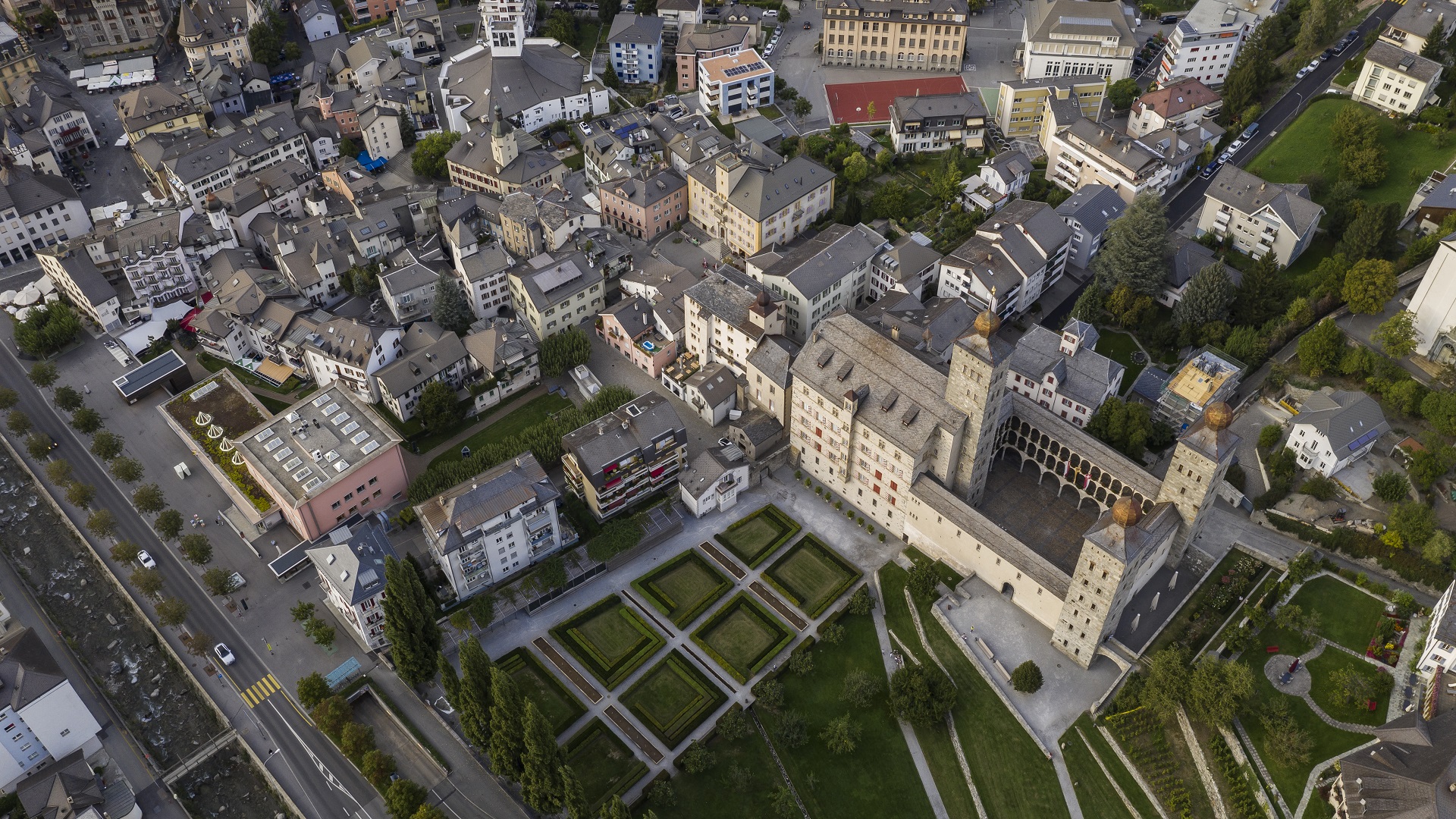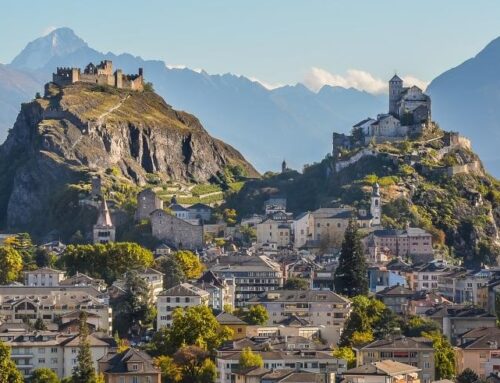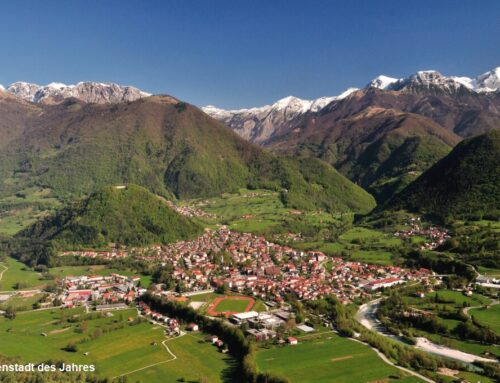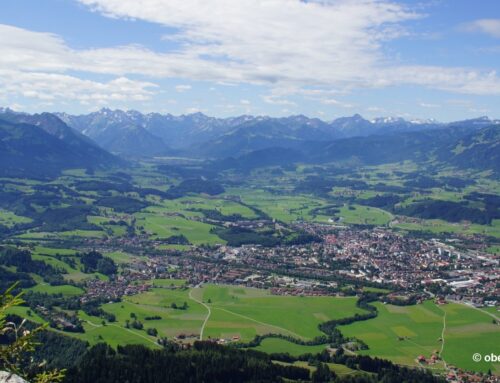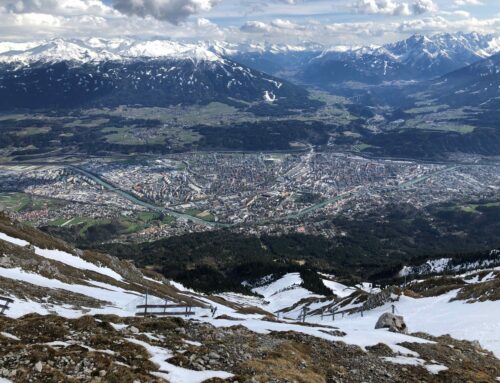Since 2016, EU Member States commit to a common urban development strategy: the Urban Agenda of the EU. What does the Urban Agenda aim to achieve and why should Alpine Towns make use of it?
The goals of the Urban Agenda are quite broad: It wants to improve existing legislation with urban impact and coordinate funding for innovative projects. Finally, it is also about spreading knowledge on urban issues and sharing best practices. The implementation of the Urban Agenda is very hands on, by the partner cities themselves. The towns work together in partnerships to address different “burning” topics of urban development: affordable housing, urban mobility, inclusion of migrants and refugees, air quality, urban poverty, circular economy, digital transition, jobs, climate adaptation, energy transition, responsible and innovative public procurement and sustainable use of land. Partnerships regularly publish studies, lessons learned, examples and progress in the Library of the Urban Agenda, which make up for an interesting read.
So far the implementation is mostly driven by big metropolises or medium sized cities. The partnerships are problem based and quite diverse with regard to size, funds, knowledge of a topic or policy approach. So it’s the perfect opportunity for an Alpine town to broaden its network, implement new methods and display their best practices! The Urban Agenda encourages Alpine towns to cooperate with other local and regional authorities, the private sector, local communities, knowledge institutions and civil society to strengthen their cooperation and the urban dimension.
